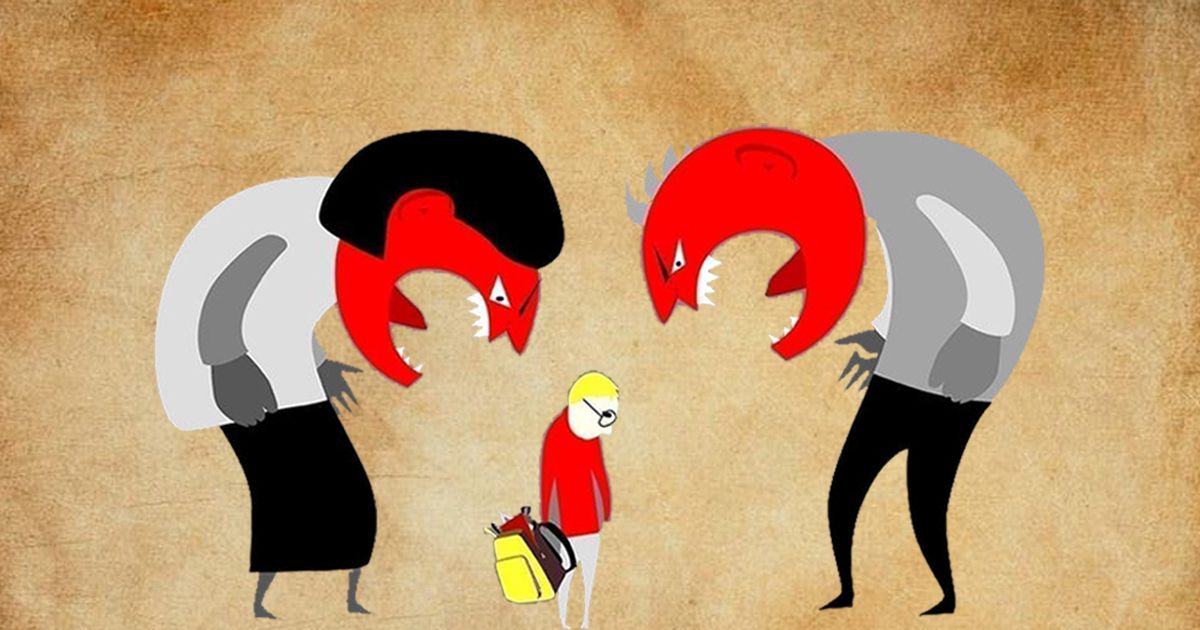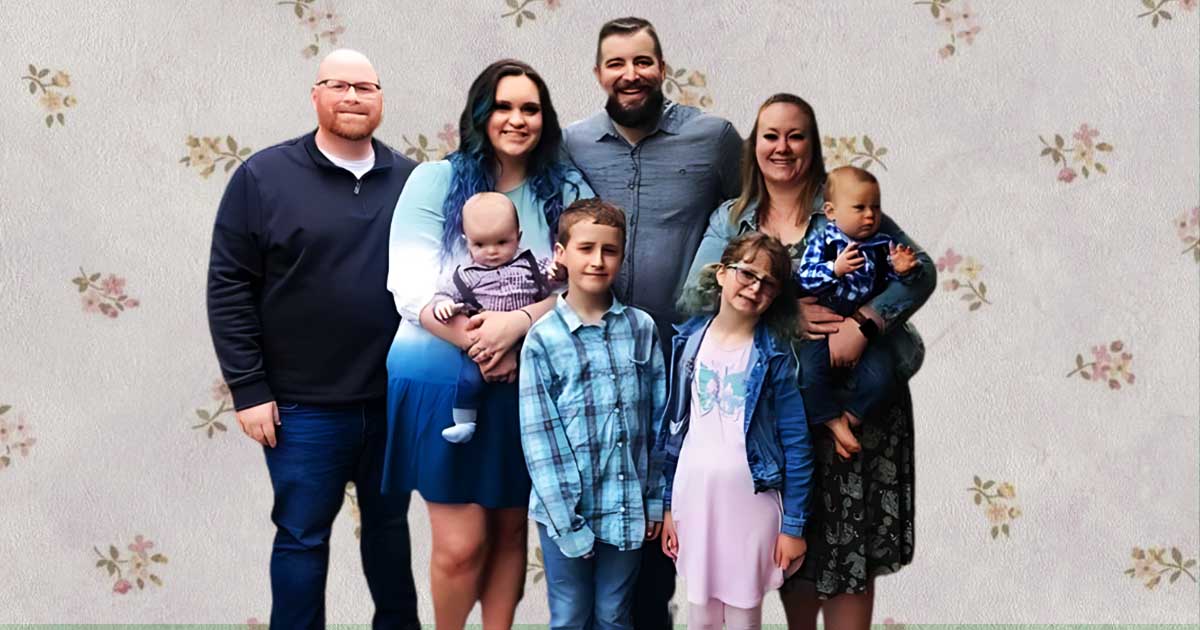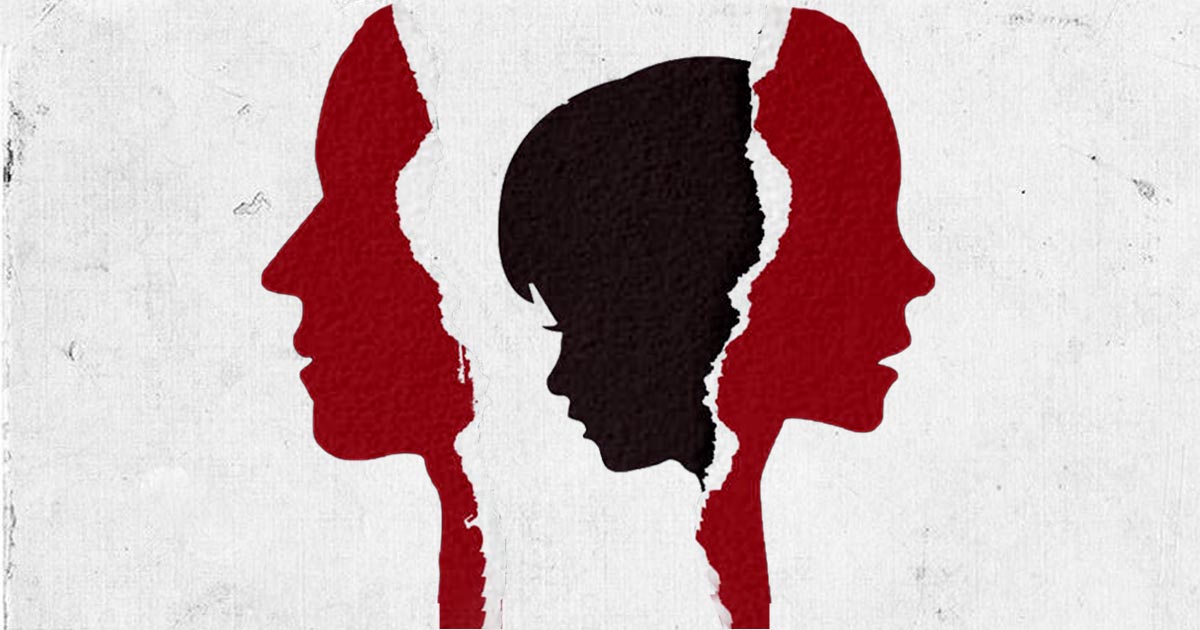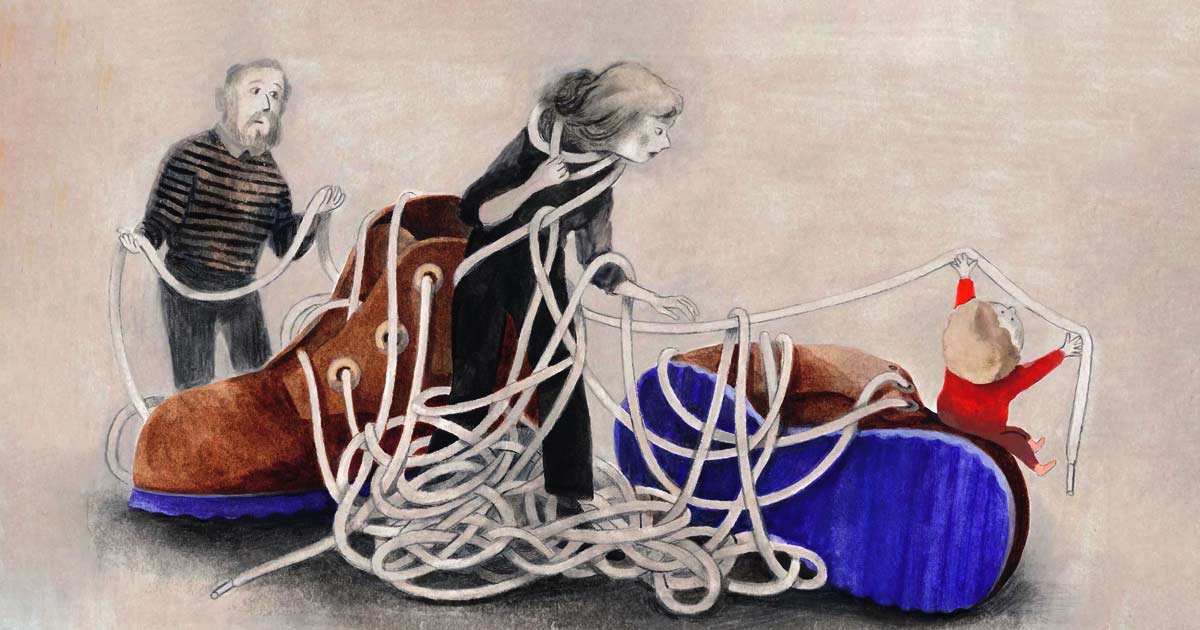A breakup can be one of the most challenging experiences for a teen, often leading to a whirlwind of emotions and significant changes in their daily life.
As a parent, watching your teen go through this can be heart-wrenching, and you may feel unsure of how to help your teen through a breakup.
Understanding that breakups are a normal part of growing up and learning to navigate relationships can help you guide your teen through this difficult time.

This article provide will give you 10 effective tips on how to help your teen through a breakup. We will also explore what to expect in the aftermath of a breakup.
So you can be better prepared to support your teen every step of the way!
How To Help Your Teen Through a Breakup?
1. Hear and respect feelings:
Motivate your teenager to discuss their feelings and approve of their sadness, rage, or confusion about a breakup. Once in a while, simply being listened to can be of great relief.
Create an environment where they are not judged so that they will open up. Repeat them back to show them you understand, like “You sound deeply hurt.”
2. Give Emotional Support:
One of the most important tips on how to help your teen through a breakup is to give them emotional support. Hug them when they need it, assure them, or listen silently to them during such moments.
Let them know that at this time it is normal for one to have mixed feelings. Avoid belittling what they feel or trying to fix everything immediately.
Sometimes, merely the knowledge of holding your line can make one comfortable. Allow them to express themselves at their own pace by just being patient.
3. Respect Their Privacy:
As much as you support your child let him/her also enjoy his/her privacy. If he/she is not ready do not push him/her into talking about it now. Individuals handle breakups dissimilarly hence some teenagers might want solitude, especially for self-reflection on how they feel.
One way how to help your teen through a breakup is to let them know that whenever they are ready for conversation then you are there but again respecting their limits too. Protection helps in handle emotions comfortably without any external influence from anyone else except from within us.
4. Encourage Positive Distractions:
Recommend other activities that could help take away focus from the broken relationship including; games, sporting activities, or even art among others.
It gives the leeway for positive engagements such as getting involved in sporting activities, keeping busy with art projects, and hanging out with friends that can give a rest from negative thinking patterns and emotional rumination.
Advocate for new hobbies or re-engagement in past ones that interest these adolescents. Distraction does more than occupy minds but also emphasizes reminding both parties of skills and interests outside their relationship ties.
5. Give some perspective:
Make your teenager realize that breakups are natural in life and time will heal everything. In sharing your own experiences or any other story about resilience, it makes them understand they are not alone at all.

They should remember that healing is a process and it’s normal to be sad or upset right now.
Provide a ray of hope by talking about positive outcomes such as gain in character and new opportunities that can be achieved through challenging times.
Read More: 10 Proven Methods for Teaching Financial Literacy to Teens!
6. No bashing the Ex:
Do not bash their ex-partner, criticize, or say negative things about him as it can make your teenager develop a defensive feeling and feel misunderstood. When learning how to help your teen through a breakup, remember what you do now will be modeled in the future.
Stay focused on supporting them instead of blaming their ex-partner even if you have concerns about the relationship or how that breakup occurred.
Arguing with them may make you an enemy and they will stop sharing with you. Rather than showing judgment, actively listen to them and guide them.
7. Be Patient:
Know that recovery takes time. Your adolescent may have good days and bad days, which is fine.
It is important to remember how to help your teen through a breakup: do not push for rapid “getting over it” or “moving on”. Breakup emotions are often fluctuating; therefore, allow your teenager to grieve at his/her own pace.
During this trying period, be someone who is persistently understanding and patient.
8. Model Healthy Coping Strategies:
Show ways in which you can exercise to deal with anger or depression as well as talk to friends or engage in other activities that can help manage sad feelings.
Similarly, practice mindfulness or seek solace from loved ones so they become part of your life’s coping mechanisms.
When your teen goes through a breakup teach your teen how to manage stress by being a role model in terms of desirable actions. Try fostering open conversations concerning emotionality together with empathy through examples.
9. Encourage Social Connections:
Ensure that your child maintains social connections with peers and other adults who can offer additional support and a sense of normalcy during this difficult time.
They will increase their self-esteem as well as happiness when spending quality time with friends who love him/her more than anyone else in the world.”
Networking offers opportunities for elevating pressure from one’s mind, fun moments even as well emotional assistance when tragedy strikes one’s life hard thus encouraging such individuals to reach out via calling up a friend or going to events enjoyed before together
10. Consider Professional Help if Needed:
When the breakup is seriously affecting your teenager, it may be necessary to seek an adolescent specialist therapist or counselor. Attending therapy can assist in developing resilience and enhancing future relationships.
One of the ways how to help your teen through a breakup is to be proactive about investigating avenues for professional help if you notice lasting signs of distress or poor coping skills.
Similarly, therapy will help them build their emotional strengths and improve future relations with others.
In case there are persistent indications of unsolved suffering or distress intolerance, look into options for professional support.
Read More: Teens and Dating: 10 Comprehensive Guidelines For Parents
What to Expect Next after Your Teen goes Through a breakup
The following are some of the things you might expect when your teen goes through a breakup:

1. Emotional Ups and Downs
There is the likelihood that your teenager will go through a roller coaster of emotions. To start with, they may experience intense sadness, anger, or confusion.
These feelings often change daily where there are moments of perceived calmness alternating with unexpected anguish episodes. It is important to be patient and sympathetic during this time, recognizing their emotions as genuine and as part of the healing process.
2. Changes in Behavior
Your teenager’s conduct could vary too. They would withdraw from family events become more touchy or lose interest in hobbies they previously adored.
These changes are an expected result of emotional pain when your teen goes through a breakup. Give them room but also motivate involvement in things that can cheer them up like hanging out with peers or finding new hobbies.
3. Academic Performance Impact
The end of a romantic relationship might affect your teenager’s concentration and motivation leading to poor academic performance.
They might find it difficult to focus on school assignments or even see a drop in their grades. Keep checking on how they are doing academically and give support whenever necessary. Talk to the teachers if required so that they can get any assistance that they require.
4. Social Dynamics Shift
Sometimes breaking up changes social dynamics among friends; and circles especially when there are mutual friends involved. Sometimes they feel lonely while sometimes getting comfort from other friendships.
One of the ways how to help your teen through a breakup is to always tell your child to maintain social ties and ask for help from those who make them feel good about themselves.
5. Self-Esteem Fluctuations
After being separated from his/her lover, your teenager’s self-esteem can go down considerably low.
They might doubt their worthiness or feel abandoned. You need to remind them about their worth and encourage them by giving examples of what he/she does best.
Ensure that you engage him/her in activities that will make him/her lead a better life such as participating in the one he/she can do best or having small achievable goals set to boost self-confidence.
Read More: 10 Fun And Engaging Teenage Confidence-Building Activities Every Parent Must Know!
A Word From Mind Family
Learning how to help your teen through a breakup can be challenging, but it’s also an invaluable opportunity to foster resilience and emotional intelligence. Remember, your role as a parent is not just to fix their problems but to guide them in finding their paths to healing and growth.
By modeling healthy coping strategies and being a consistent source of support, you can help when your teen goes through a breakup. If needed, don’t hesitate to seek professional help to ensure they have all the resources necessary to navigate this difficult period.
At Mind Family, we believe in the power of family support and the positive impact it can have on a teen’s well-being. Together, you can help your teen turn this painful experience into a stepping stone toward a stronger, more resilient future.
Frequently Asked Questions (FAQs)
Q: How can I help when my teen goes through a breakup?
A: Listen, validate their feelings, offer emotional support, and encourage healthy distractions and social connections.
Q: What should I do if my teen doesn’t want to talk about the breakup?
A: Respect their privacy and let them know you’re available whenever they’re ready to talk.
Q: How long does it take for a teen to get over a breakup?
A: Healing varies; be patient and supportive, understanding it can take time for them to move on.


















Leave a Reply